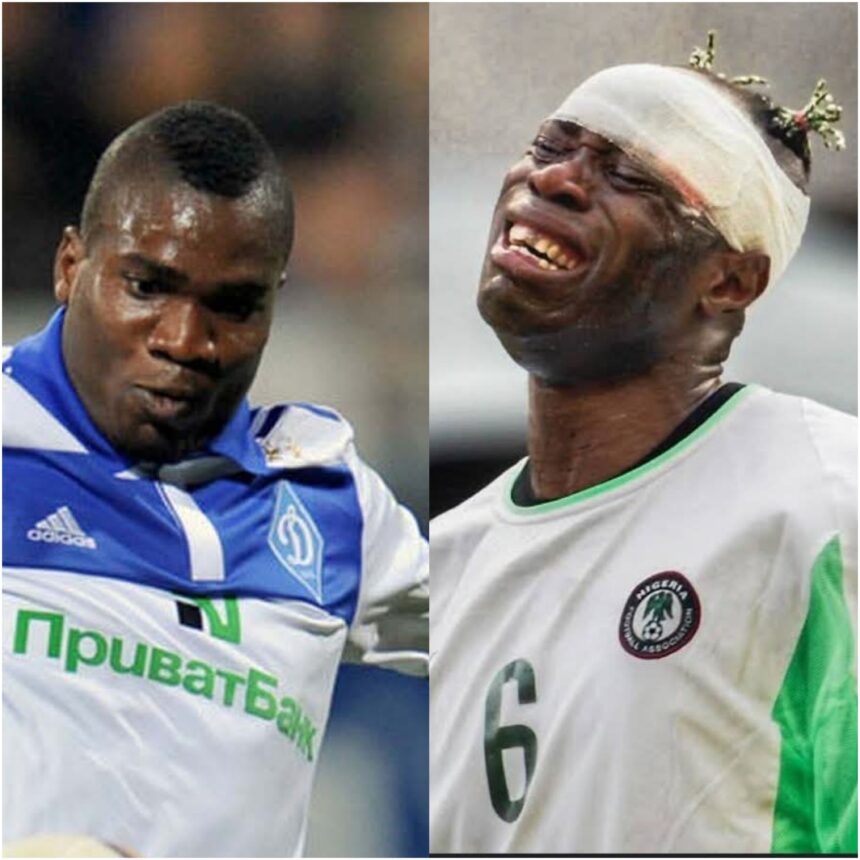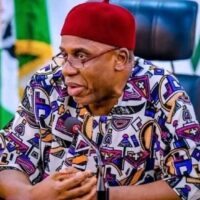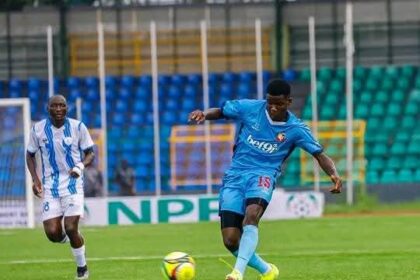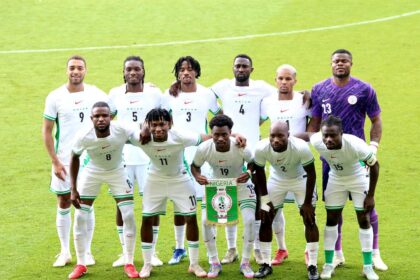Nigeria’s football family is in fresh turmoil after former Super Eagles striker Brown Ideye declared that ex-players who end up broke after retirement “should be jailed for life.”
His controversial remarks, made on social media, came barely days after Taribo West’s emotional outburst at the burial of late goalkeeper Peter Rufai, where the former Inter Milan star blasted government neglect of national heroes.
The 2013 Africa Cup of Nations winner, who officially bowed out of international football recently, took to his official X account to urge current professionals to treat their earnings as a lifetime’s income compressed into a short career span.
“Footballers, start saving for your future from day one. No matter how small your salary is, put something aside for your retirement,” Ideye advised.
He stressed that beyond financial discipline, players should also pray for the right support system, including trustworthy partners and genuine advisers, to secure their future.
Responding to an online follower who argued that players, especially those who had stints in Europe, had little excuse to suffer financially after retirement, Ideye replied:
“They should be jailed for life if, after they retired from playing, they can’t feed themselves.”
His remarks have generated heated debate within Nigeria’s football community, particularly as they came just days after former Super Eagles defender Taribo West’s emotional outburst at the burial of legendary goalkeeper Peter Rufai.
At Rufai’s funeral, Taribo accused the Nigerian government of abandoning ex-footballers who had served the country with distinction. He lamented that many national heroes are left to fend for themselves without recognition, welfare, or post-career support.
Ideye’s position, however, highlights a contrasting perspective, shifting responsibility from government neglect to personal financial discipline and planning. While Taribo insists the state owes former internationals a duty of care, Ideye argues that players must shoulder the greater part of the responsibility for their future.
The opposing views have reignited national conversations about the balance between government accountability and personal responsibility in securing the welfare of Nigeria’s retired sportsmen and women.
















